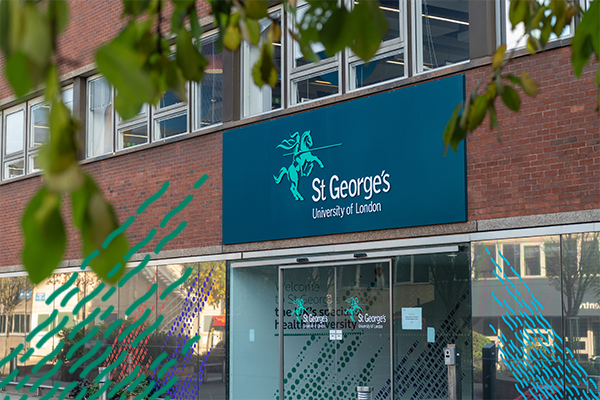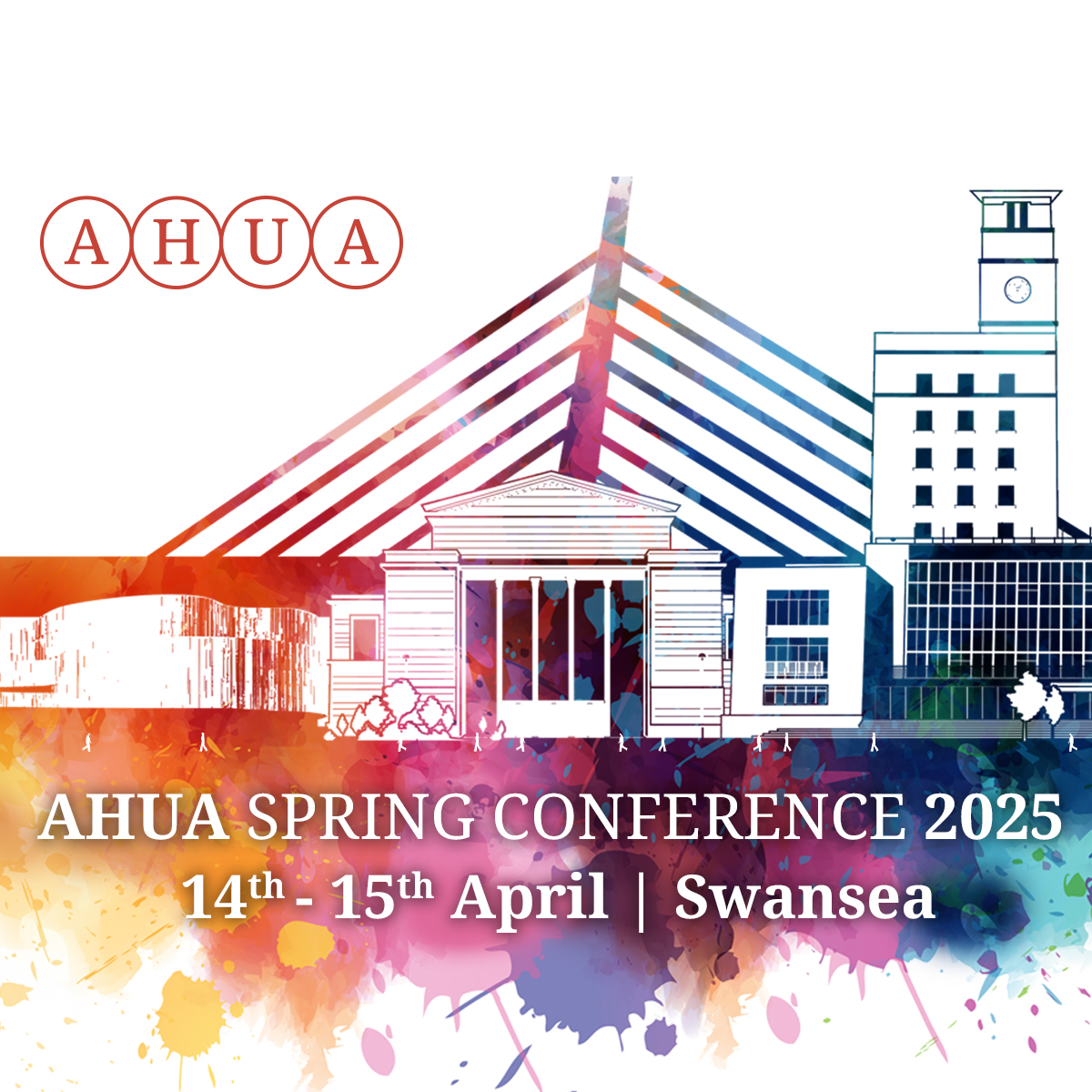Twenty not out: how higher education has changed in 20 years
A lot has happened since 2001. David Duncan, Chief Operating Officer and University Secretary at the University of Glasgow, reflects on how higher education has changed, or not, over the past 20 years.

It is two decades to the day since, as a callow youth, I was first admitted to AHUA.
In those prelapsarian days – a few weeks before Osama bin Laden attacked the Twin Towers – male registrars still wore dinner jackets to the annual AHUA conference dinner, the wives’ club would lay on events for spouses, and social media had yet to be invented.
Since then, I have fulfilled three roles at Dundee, York, and now Glasgow, keeping to the advice Steve Cannon gave me, always to “keep one step ahead of the posse.”
My employers have given me various titles, but I’ve remained an AHUA member throughout. It continues to be a vital support mechanism which makes my professional life easier, and provides much-needed contact with fellow heads of university administration.
Changes in AHUA
Over the period 2001-2021, AHUA has steadily grown in effectiveness.
Its communications have become much slicker. Its events are more focused on members’ needs, and its influence with decision-makers has grown.
The evolution of a range of development courses for members and aspiring members has made an important contribution to the sector as a whole.
As an association, we made a valiant effort to create a sector-wide graduate training programme. It has since been wound up, but we did assist scores of exceptionally able graduates to launch their careers, and arguably proved the case for combined action in this area. I expect we will return to this at some future point.
To an extent, the membership of AHUA has changed since 2001.
The male-female balance is now equal, though people from ethnic minority backgrounds are still under-represented. There is more diversity in the way universities are organised; many have split the responsibilities of the traditional registrar and secretary, often between COO-type roles and those overseeing governance and related matters. The turnover of post holders has become much greater; whereas Dundee has had only three university secretaries since 1973, many AHUA members now move on after much shorter periods.
Changes in Higher Education
The UK’s higher education sector has also metamorphosed in myriad ways.
The most fundamental change was probably the reintroduction of home undergraduate tuition fees by the Labour government in 2006, and the extension of the same by the Coalition government from 2010.
This has been accompanied by the expansion of the private sector, whose senior administrators have long been welcomed into AHUA’s ranks.
The devolved administrations in Belfast, Cardiff and Edinburgh have pursued increasingly divergent policies on funding and regulation while keeping links with UK-wide research funding bodies. The UK’s departure from the EU will impact on our European links, but probably won’t affect our aspiration to be global in our thinking and collaborations.
On campus, the equality and diversity agenda has been much more to the fore, accompanied by intense debates about gender, ethnicity, sexual orientation, disability, and the intersection between these and other protected characteristics.
Universities have found themselves at the centre of attention in national and international discourse about mental health and wellbeing, with staff and students demanding more and better provision.
Over the period, our use of IT has increased exponentially, with massively improved connectivity, and major strides in the development of technologically enabled blended learning – the latter given a major boost by the recent pandemic.
Related to this, more students are studying online, or at a distance, than ever before. Sizeable numbers of students are also based on international campuses, which some British universities have opened, especially in the Middle East and East Asia.
Continuity in Higher Education
Yet, despite these developments, the period 2001-2021 has surely been characterised more by continuity than change. Within our institutions, the main concerns that kept us awake at the turn of the century are still our chief priorities.
Universities exist to educate at the highest level and to take forward ground-breaking research. Our job is to facilitate this work and ensure that the student experience is as good as it possibly can be.
As before, we are concerned to create a positive environment for staff and students; we want to establish and maintain effective management teams, set clear priorities, nurture a strong sense of community, ensure everyone is treated fairly and foster good governance.
We still compete for students and funding; we generate surpluses through international student recruitment; and we are anxious to show not just the quality of our research (measured in outputs and grant funding) but also its impact on society and the economy.
By and large, the expectations of students have not shifted much either. They are more adept at using technology, but the large majority still want a meaningful campus experience, and seek a positive, face-to-face relationship with their teachers.
In 2021, as in 2001 – as perhaps in 1981 – those universities that create a strong sense of belonging for their students are rewarded with high satisfaction scores.
A cynic might say that AHUA conferences still focus on the same themes too. Members complain about unhelpful government policies; regulation is too intrusive; we need better funding; students are becoming too demanding.
And we still worry constantly about negative or even hostile press coverage (though here, there may be some justification in saying things have got worse).
Internally, it is often still a lack of cohesiveness which prevents institutions fulfilling their potential – too much division between academic disciplines, sclerotic processes which hinder innovation, suspicion between academics and professional support staff, senior management teams which spend too much time arguing among themselves.
Finding creative ways to overcome these tendencies continues to be the focus of our work.
The world has changed in 20 years, but it hasn’t altered the fundamentals as far as I can see.
The future of AHUA
As we move out of the pandemic crisis, and into what I hope will be a new Roaring Twenties era, AHUA will continue to provide a crucial means of support for all of us.
We have, in my view, the best jobs in the world. We work in one of the most successful sectors in the UK, and one of the greatest university systems on the planet.
If we keep our focus on the essentials and help each other, there is no reason why the future shouldn’t be bright.
David Duncan is the Chief Operating Officer and University Secretary at the University of Glasgow.
Related Blogs



